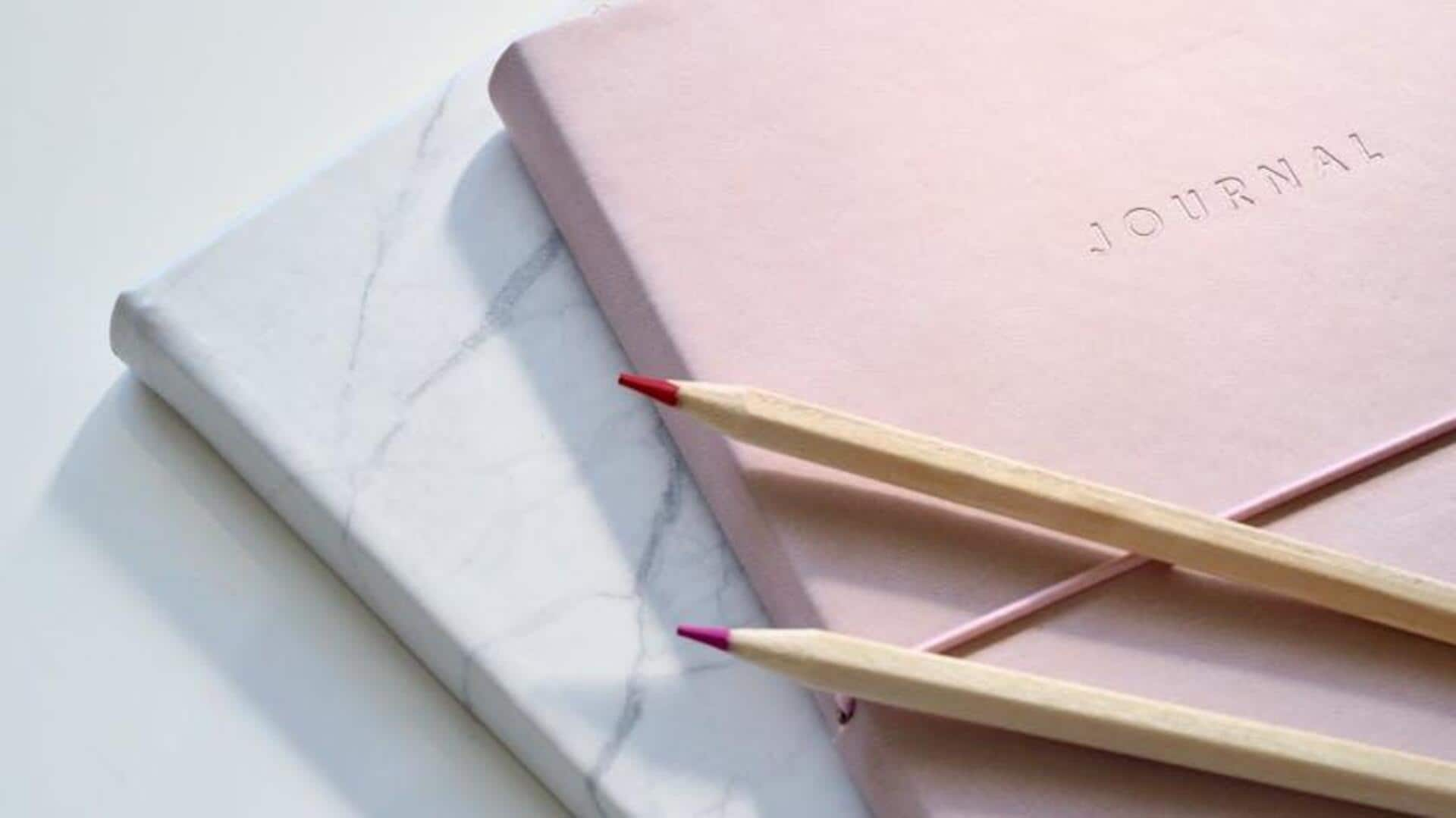
How notebook habits can improve your memory
What's the story
In this digital era, where everyone is glued to their screens, writing in a notebook can do wonders to your memory (without the screen distractions). This analog technique promotes mindful engagement and retention, making you dive deeper into the information. By following certain notebook habits, you can boost your cognitive capabilities and stay mentally sharp. Here are some useful tips on using notebooks to boost your memory.
Routine
Consistent note-taking routine
Establishing a consistent note-taking routine helps reinforce learning and memory retention. Writing notes by hand engages different parts of the brain compared to typing, leading to better comprehension and recall. Setting aside a specific time each day for this practice ensures it becomes a habit, aiding in long-term memory improvement.
Visualization
Mind mapping techniques
Mind mapping is a powerful technique where you draw visual diagrams to list down ideas and concepts, making it easier to organize your thoughts in a structured manner. The method not only makes it easier to remember complex information but also enhances your creativity and understanding with the use of different colors and symbols. Mind mapping exercises your brain making you understand and remember better, in a creative way.
Summarization
Summarizing information regularly
Regularly summarizing information in your own words is extremely important to reinforce understanding and improve memory retention. Since this is an active engagement with the material, it requires you to process information deeper, which is good for learning. While summarizing, you have to distill complex ideas into concise, yet comprehensive summaries that capture the essence. This technique not only helps you retain information but also clarify your understanding of the subject matter.
Review cycle
Reviewing notes periodically
Periodic review of notes is critical for transferring information from short-term to long-term memory. By spacing out reviews, you reinforce the neural connections associated with the material learned. Following a systematic review cycle makes sure that the knowledge remains fresh and is available when required, thereby improving memory retention and recall capabilities by a huge margin.
Reflection
Incorporating personal reflections
Incorporating personal reflections into your notebook fosters a deeper connection with the material. This practice of reflective writing promotes critical thinking about lessons learned or experiences encountered. It strengthens the bonds between newly acquired knowledge and what you already understand, enhancing both comprehension and memory. By reflecting, you engage more personally with the content, making it a part of your cognitive framework in a meaningful way.